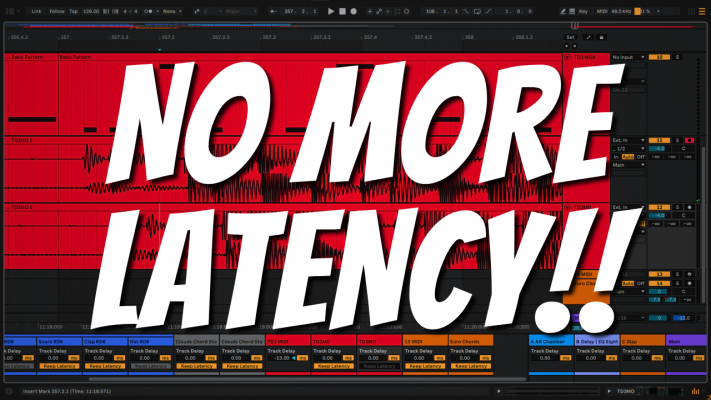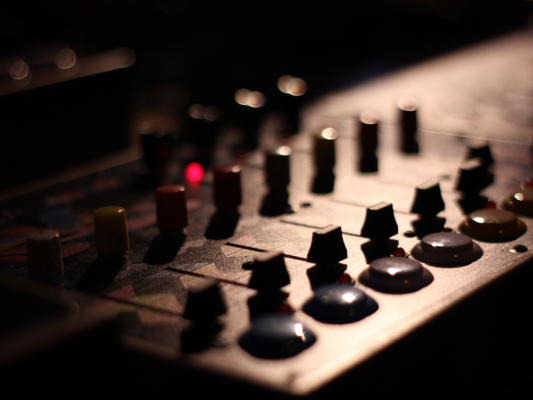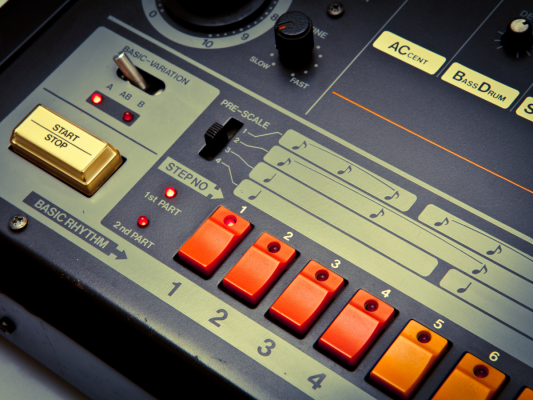Delaying Important Decisions
It is never wise to procrastinate decisions. This applies not only to writing new songs but also during recording, production and even mixing. A well-known phrase is: ‘we will fix it in the mix’. Shifting a decision to another moment may not seem disastrous. But often when mixing, problems come to light that actually had to be solved during the recording session.
Recently, I had to write, record and produce a demo in a relatively short amount of time. While I was working on the song structure with a guitar in my hand, I noticed that the transition from chorus to verse wasn’t all that smooth. At the time I thought: “Well I’ll solve that during production, I’ll add an extra measure just to be safe, I can always mask the problem with a delay or something similar’. The real problem was actually the different chord progressions between chorus and verse. It was a hard transition where a modulation was actually required to connect the two.
Put some effort into recording great guide tracks
Sometimes you want to quickly put down a microphone to record some ideas. It often happens that the first idea is actually quite good and gives birth to a sick production. But because you spent too little time setting up your microphones, you might be stuck with a poor recording. It is very difficult to lay down the exact same performance on a later date. Therefore, always take a few extra minutes to tune your guitar and arrange your equipment properly. It would be a shame to find out that you played that golden, one in a lifetime, take with a hopelessly detuned guitar.
From a purist point of view, every operation you apply distorts the original signal. If you find that there is too much low end in your piano recording, don’t think you can solve this later with an equalizer. Solve it by moving or swapping out microphones. Delaying decisions seems easy at first, but sooner or later you will run into trouble.
Don’t hand over your problems to other people
A mix engineer might think that the low-mid frequency mess can be solved by a mastering engineer. But every next step in the process offers fewer possibilities to solve these kinds of problems. A mastering engineer can probably control the low end with tone controls or multiband compression. But, it is much easier if the mix engineer would just lower the bass guitar in volume by a dB or two.
A problem might seem easy to fix later. But actually, right now is the moment to tackle all problems you hear. An edit that is placed at the wrong spot can be easily fixed when producing. But once you export to audio it becomes a lot harder to solve these problems.
Often when I produce and mix myself, I still like to separate these two processes as much as possible. When the production is finished I group similar sounds together to limit the number of stems when mixing. If during the mixing phase I notice that my electronic kick drum sample contains too much sub frequencies, I’m not going to fool around with an equalizer. I open up the previous project file and shorten the sample slightly, problem solved!
Music production is all about making choices. If you procrastinate in the decision-making process, you ultimately deliver an unfinished product. If you ever think something is not working just yet, please solved it right away and don’t hand it over to another moment or person. Often your first choice is the best, choose with certainty and stick to your choices.












